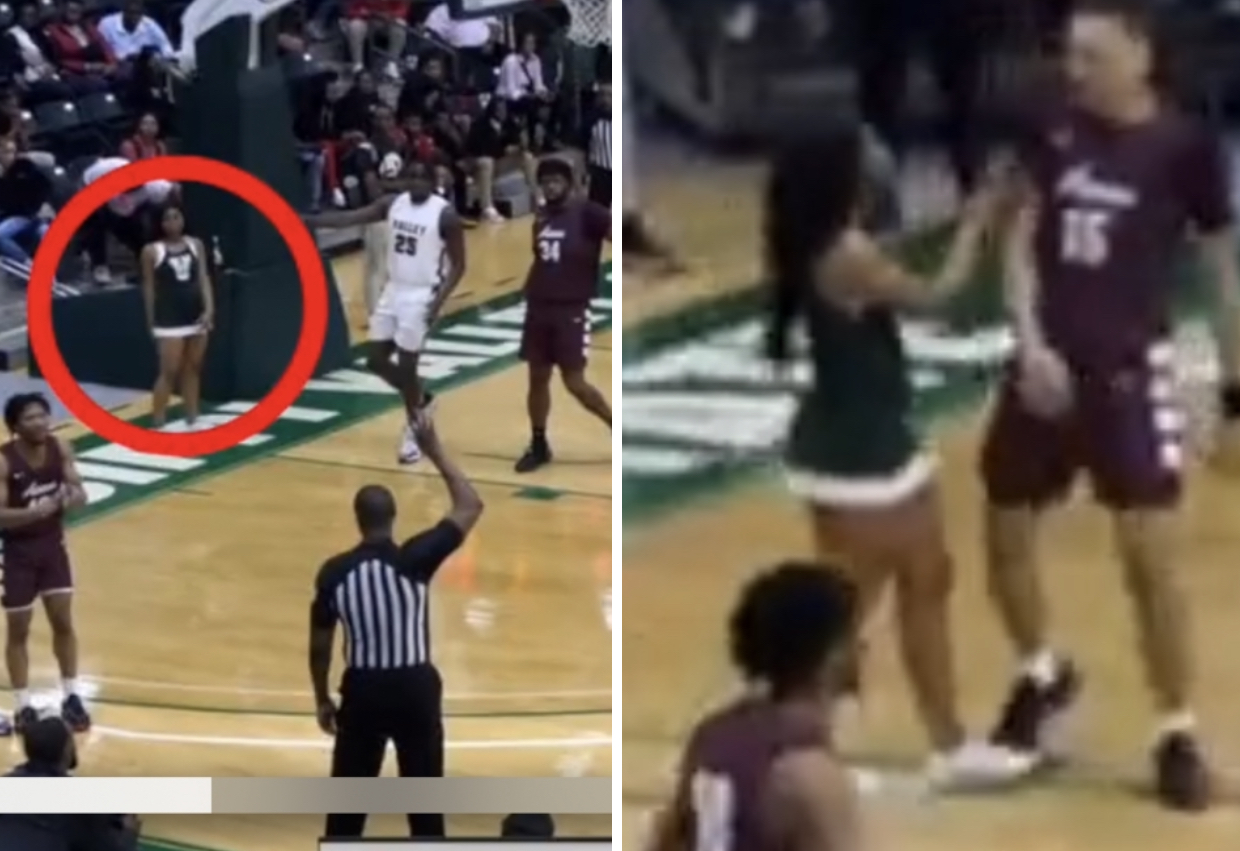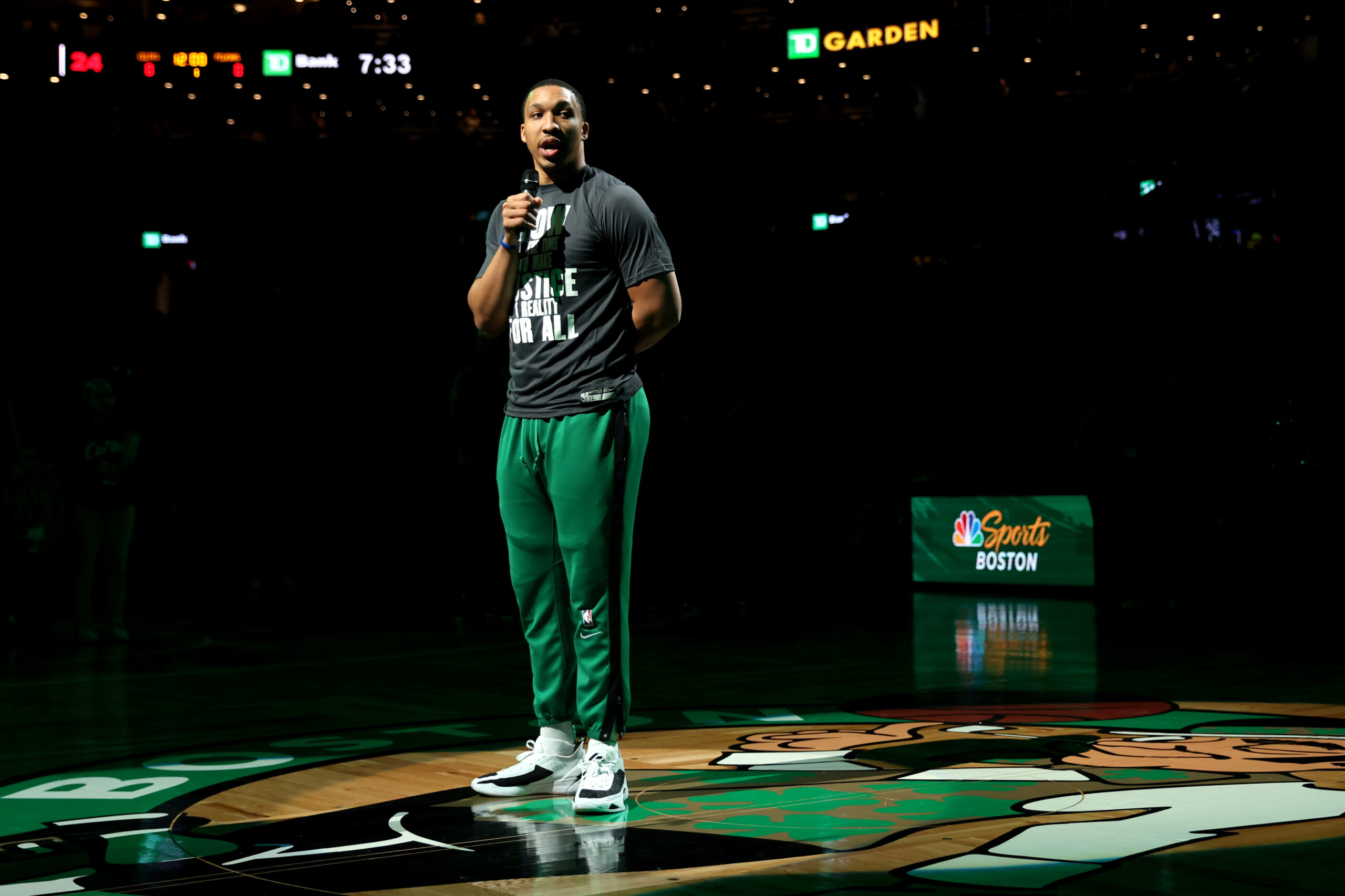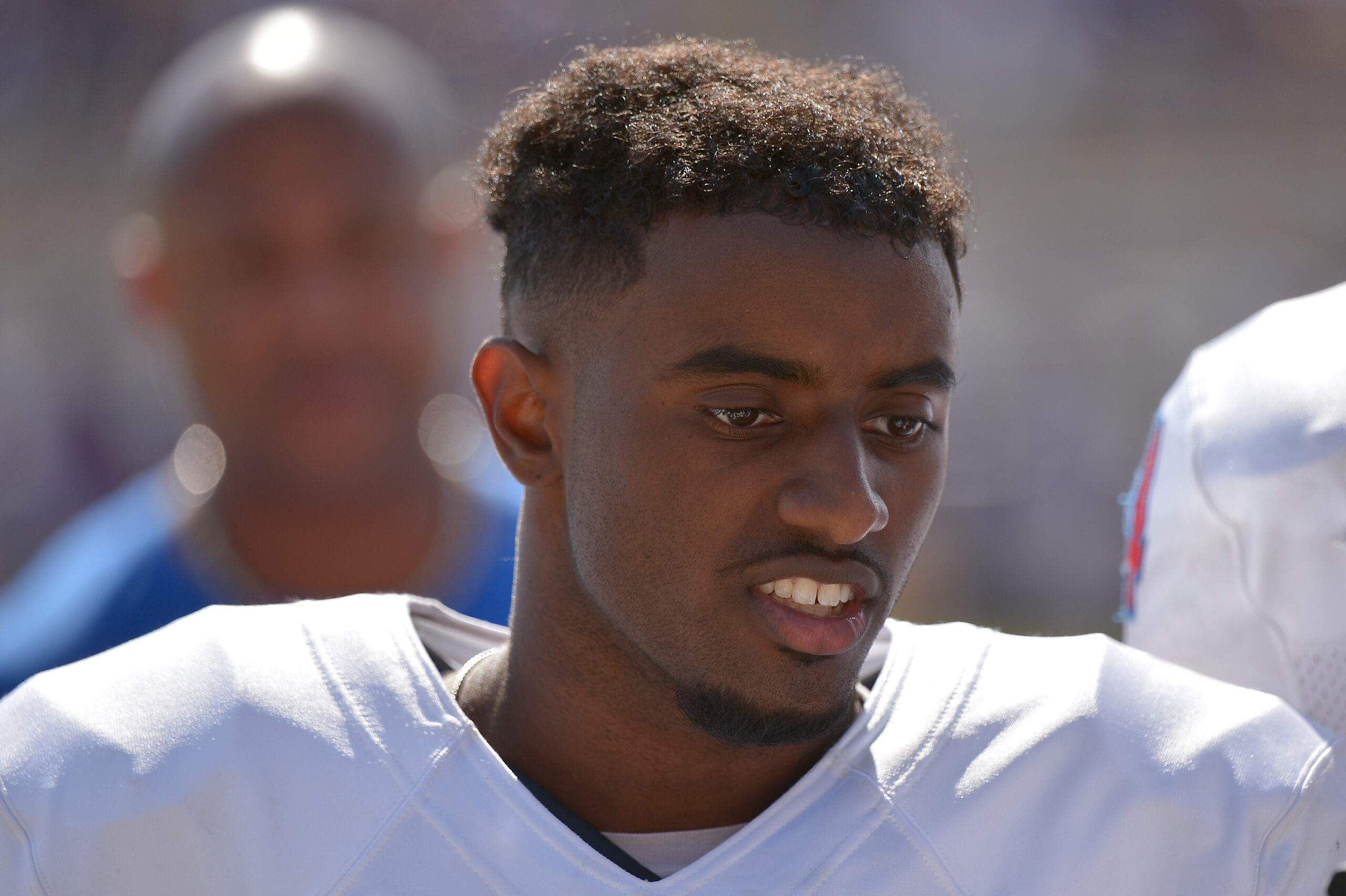Don’t look now, but it seems like the line between the haves and the have-nots of Division I college football are about to get thicker. Serena-Williams-in-a-catsuit thick.
Wednesday morning, ESPN reported that Wisconsin’s athletic director, Barry Alvarez said Big Ten officials have agreed to stop scheduling Football Championship Division schools—schools not available for FBS berths in the NCAA’s Bowl Championship Series—in the near future. The motive behind this is largely thought to be increasing strength of schedule with the advent of the new FBS four-team playoff. Basically, Alvarez told the college football world that the Big Ten needed to lay off the cupcakes.
“The non-conference schedule in our league is ridiculous,” Alvarez said on WIBA-AM in Madison, WI. “It’s not very appealing.”
The Big Ten may be only one of the 12 conferences in the Football Bowl Division, but don’t be surprised if other colleges follow their lead. If that happens, the pockets of FCS programs could become much lighter, particularly at Historically Black Colleges and Universities (HBCUs). No Big Ten teams played HBCUs, last season, but Howard recently signed a contract to play Maryland in 2016. Maryland will head to the Big Ten in 2014.
Norfolk State will play Rutgers, who will also be headed to the Big Ten in 2014, this fall. That meeting will be the third all-time between the two teams, but the Spartans might not want to hold their breath for a fourth. On Thursday, Rutgers AD Tim Pernetti basically said he’s cool with an all-FBS schedule.
“I do like the move,” Pernetti told the Star-Ledger. “What it enables us to do as a league, when scheduling non-conference opponents, is to schedule intelligently going forward for all of our (media) platforms.”
FBS and FCS teams have been playing these so-called “money games,” for years, since the FBS was Division I and FCS was Division I-AA. On the surface, they’re a win-win for everyone. Big schools get relatively easy wins to pad their records, small schools take their beatings, have a “Coke and a smile” and run to the bank with their checks in hand. Other than an instance like Appalachian State beating Michigan every now and then, these games are usually blowouts in the bigger schools’ favor, a la Savannah State’s combined 139-0 losses to Oklahoma State and Florida State, last year.
While HBCUs are by no means the only teams that play these types of games, the possibility that the FBS would no longer “pay-for-play,” so to speak, could be a big blow to their athletic departments’ bottom lines. A 2012 USA Today Database showed that seven of the 10 lowest grossing Division I programs from 2006-2012 were members of the FBS’ two HBCU-based conferences, the MEAC and the SWAC. These money-games are vitally important to the very existence of their athletic departments.
Case in point: Savannah State. The Tigers may have taken two excruciatingly hard-to-watch losses against OSU and FSU last season, but they earnedan estimated $860,000 between the two games. That total amounted to, approximately, 17 percent of the school’s athletic budget, according to the New York Times. Savannah State has two cash contests against FBS opponents next season, including a matchup against the ACC’s Miami Hurricanes.
Then there’s South Carolina State. The Bulldogs have played 10 FBS teams since 2007 and have yet to win one. Despite that record, SC State will head three hours down Interstate 26 to play the ACC’s Clemson, on September 7, depositing a guaranteed $275,000 in the bank.
Defending MEAC champion Bethune-Cookman was set to play Central Florida this September, but that game was abruptly cancelled when UCF agreed to play Penn State (coincidentally, a member of the Big Ten). BCU was forced to replace the contest with a game against Virginia Union, a Division II HBCU.
BCU assistant AD Brian Harvey said he believes there won’t be a full shutdown of FBS-FCS matchups coming.
“You’ll still have schools and conference’s playing FCS opponents,” he said. “You’re not going to have these schools come out and fill their schedule’s with Notre Dame, USC and Alabama.”
Still, even a slightly less frequent occurrence of FBS-FCS matchups could affect HBCUs indirectly, specifically the 11 MEAC schools who participate in football. Unlike the SWAC, who chose to opt for a championship game in 1999, the MEAC schools participate in the FCS playoffs. With limited games against FCS competition, many of these schools will face a choice between playing teams they have no historical ties to or Division II foes, which hurts their playoff seedings.
Harvey said that private institutions like Bethune-Cookman and Hampton are generally less reliant on money games and should be fine. State funded schools, he said, might be another story. He used Norfolk State and Old Dominion as examples. The two Norfolk, VA-based schools initially agreed to a six-year contract, but Old Dominion’s transition to FBS-status eventually lead to an agreement for a two-year home-and-home series between the two teams.
“A team like Norfolk State, it might hurt them,” said Harvey. “You take away Old Dominion, that’s a natural rival to NSU.”
Harvey also said that, when the dust settles, HBCU FCS teams will still be able to find paydays although they may not be as lucrative or easy to come by.
“These schools are going to pay you to come,” he said. “It may not be $500,000, but you could still bank a decent sum against smaller FBS schools and FCS opponents.”
Despite Harvey’s optimism, it’s clear that the lines between big-time college football and its little brother are being drawn in the sand. With fewer big paydays coming their way, many HBCUs who are currently robbing Peter to pay Paul, will have to reassess their business plans, ASAP. If the shoe drops, what’s the Plan B, HBCUs? Sounds like the clock is ticking.



